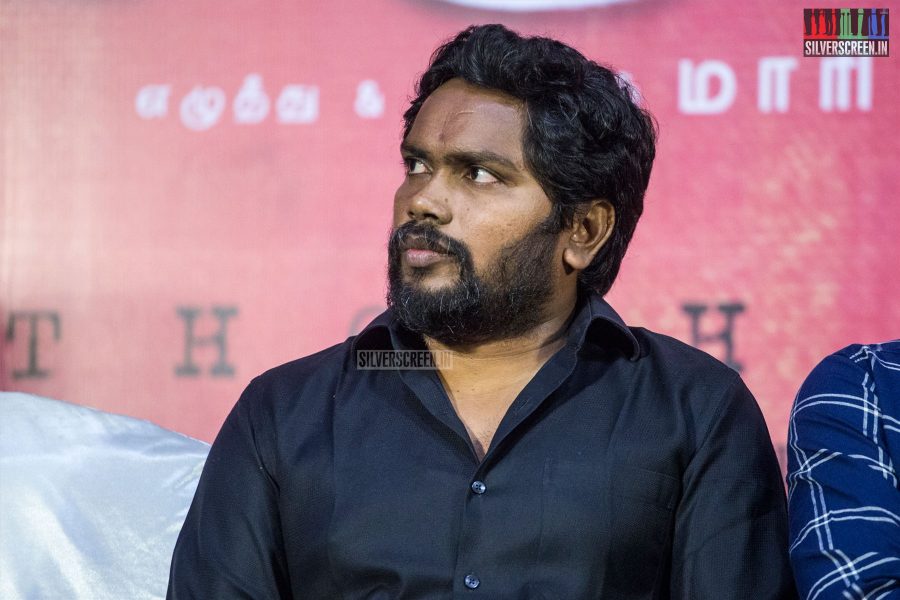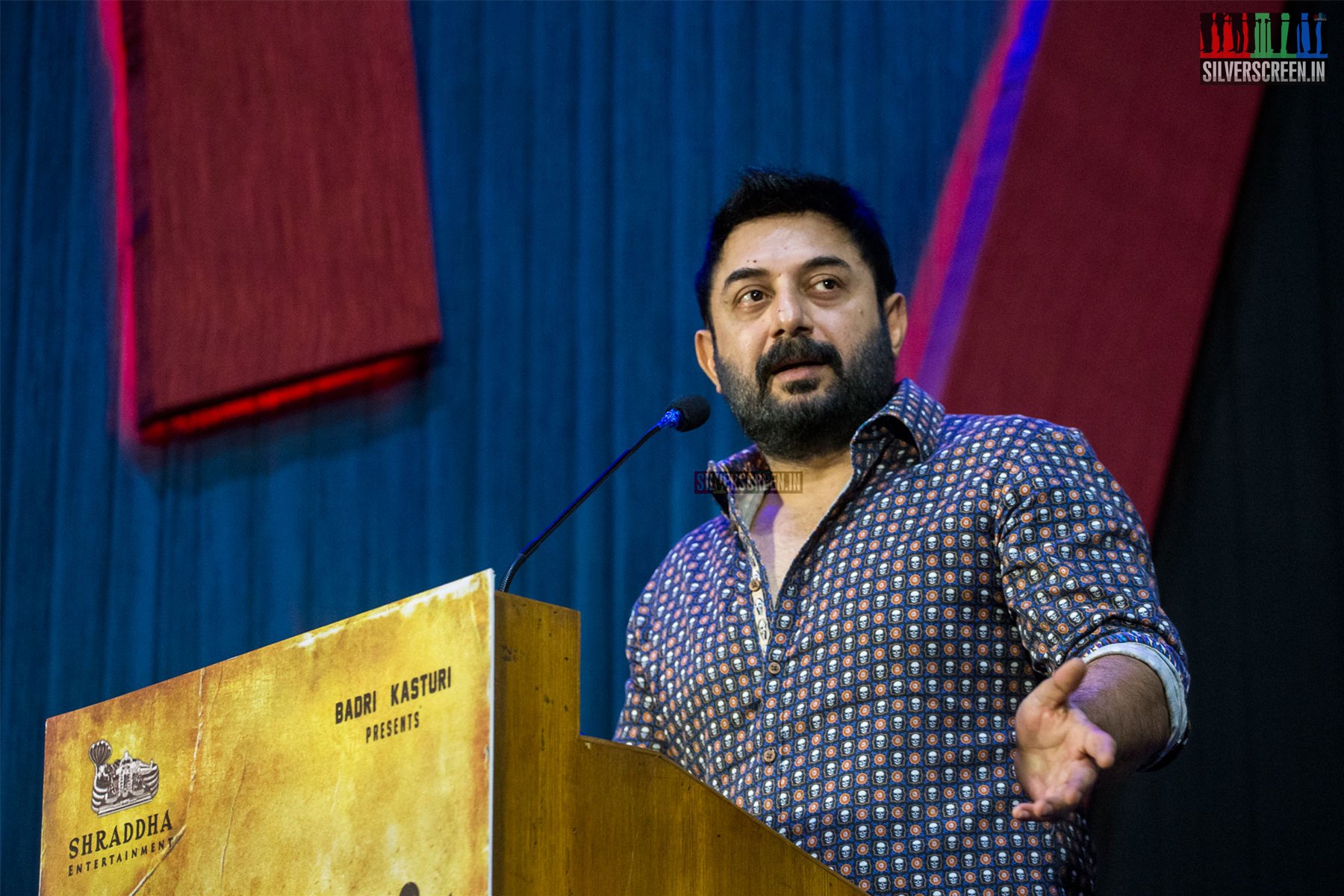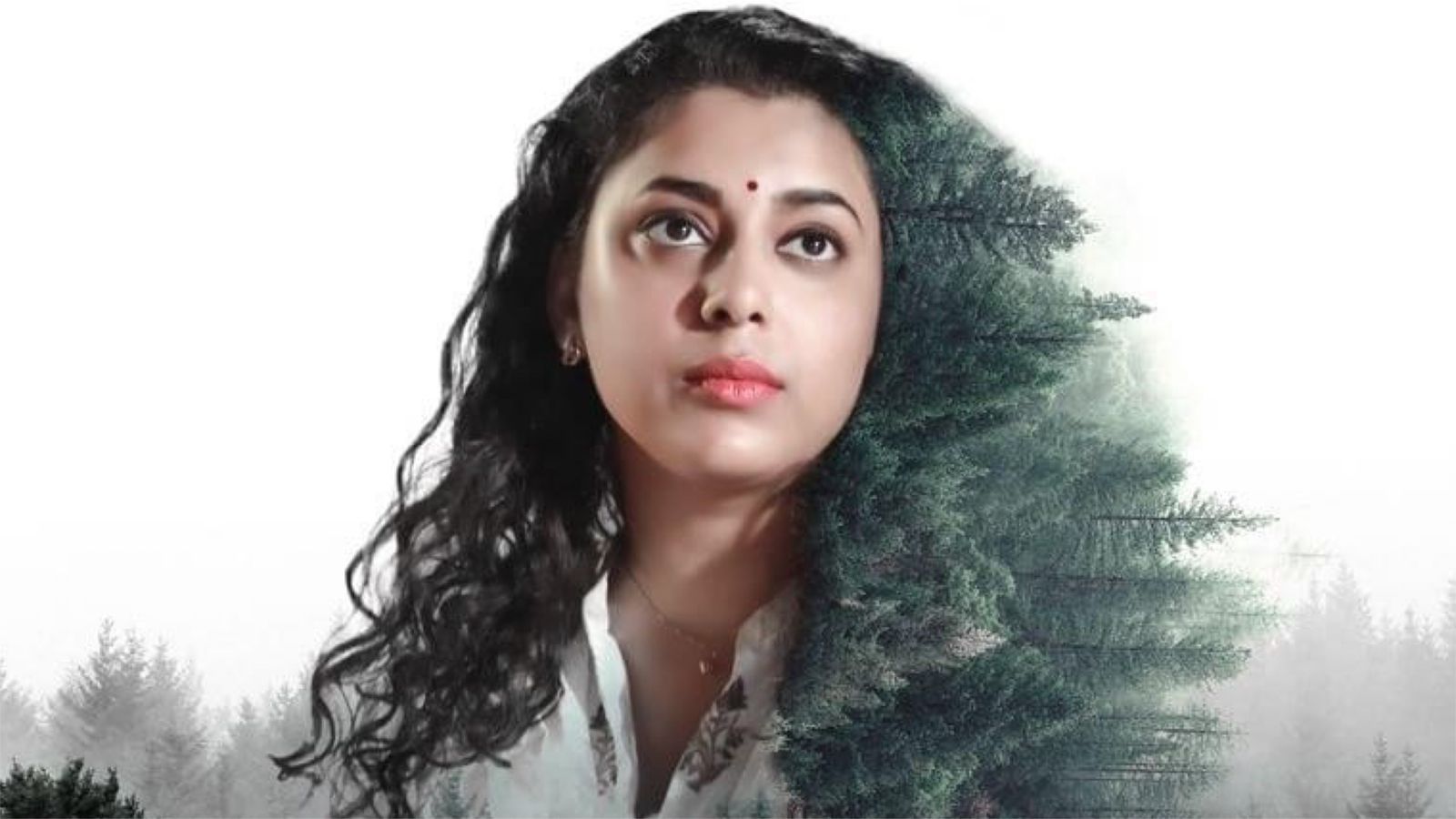Director Pa Ranjith who is prominent for fighting against caste system in his films, recently said he was upset that many actors in the industry didn’t have social responsibility.
Speaking at an event conducted by the American Embassy and Nalandaway Foundation, director Ranjith said, “I’m happy to see actors like Vijay Sethupathi helping people out, at the same time it is saddening to see that many actors don’t have social responsibility.”
He spoke about the eradication of caste in society and said, “There is a most effective medicine to eradicate and avoid caste, and that is Periyar and Ambedkar. We have originated from there. Especially in Tamil Nadu, Periyar’s works played an important role in the state. But a huge distance (from his work) has been created.”
Saying that he was scared to see more people give consideration to their castes, Ranjith said, “To change this completely again, we are forced to tell people who they are. But this vote politics has separated society based on castes and sub categories within castes too. Not only in Dalit communities, even people from Backward and Most Backward Classes have split within their castes and have allocated people into categories.”
“Literature on Periyarism has united people irrespective of differences. But now there are many works that are unknowingly breaking this unity,” he added.
Director Ranjith is known for making and producing films which talk about caste politics in society. His last directorial was the Rajinikanth-starrer Kaala, which released in June. The film was a socio-political action drama that spoke about land rights for people oppressed in the slums of Mumbai’s Dharavi. Ranjith also produced Mari Selvaraj’s Pariyerum Perumal which released this September. The film was about caste discrimination and violence against Dalits.
Recommended
When asked about bringing alive the Dalit voice on screen, Ranjith had earlier told Silverscreen, “I don’t think I started off wanting to bring Dalit stories to the big screen. I brought my life, what I’d seen, what I grew up with, my experiences. I set my stories in backgrounds that I am familiar with. With every film, I choose scenarios that resemble what I grew up with. That is why I chose Malaysia, and now Dharavi. Somehow, oppressed people across the world, beyond caste, race, language and religion, are linked by class.”


